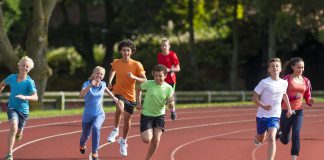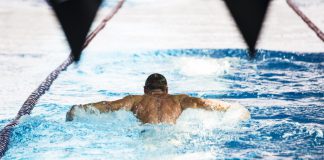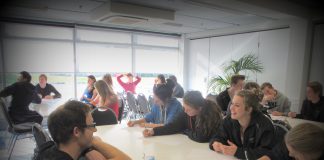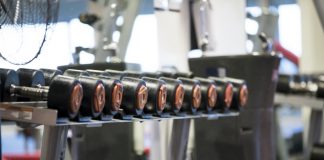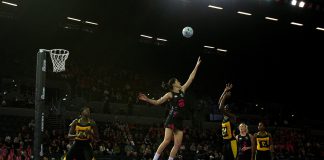With New Zealand and the world having more or less ground to a sudden halt, when it comes to our injuries and pain, the stress of a lockdown, mixed with working in less than ergonomically-sound environments and a few extra household projects, may be piling it on even heavier.
In Alert Level 4, all face-to-face health services (excluding essential medical practices) were required to close down. Thankfully, through the miracles of modern technology, HealthZone Physiotherapy and many other health services have managed to keep their doors open – metaphorically speaking. We physios, your GPs, sports physicians and orthopaedic surgeons are for the most part continuing to provide patients with video and phone consultations through telehealth services, with continued access to ACC and health insurance coverage. Our collective objective, while continuing to provide our patients with the care they need, is also to alleviate the pressure on health services that need to be kept available for COVID-19.
How does it work?
For video consultations, we send an invitation to a programme that enables both parties to chat, see each other and share screens. All you need to do is click on the link and it will prompt you to download the programme if you don’t have it already. It’s surprisingly easy! For those who are unable to conduct these video appointments, we are providing phone consultations as well.
What can we do?
With both video and phone, we can talk, which means your physio can conduct a full subjective assessment. This means you can tell us all about your symptoms and we can ask you questions which will help us diagnose your problem. What you may not realise is that your healthcare professional has, in most cases, already narrowed down a diagnosis before they even look at your body. This is based upon how your pain started, what makes it worse or better, and when it hurts. So in this regard, your appointment is much the same as in the clinic. In our video consults, we can then get you to perform some movements while we assess you and ask you to report on your symptoms. This is the main part of an objective assessment and remains the same as in the clinic as well. This helps us confirm or deny the diagnosis we have already started to reach from your subjective assessment.
What are the limitations?
There are a group of “special tests” that a healthcare practitioner can perform in-clinic which involves us using our hands or instruments on you to try and reproduce your pain or take certain measurements, and obviously in this remote scenario, we cannot do this. But generally speaking, in regards to physio in particular, we are only confirming what we already suspected based upon previous assessment findings, so if there was any part we could do without – this would be it! In providing our treatment care for you, we cannot perform any manual therapy services. This includes massage, mobilisations, manipulations, dry needling and strapping.
How will I be managed without hands-on?
First and foremost, you will be given a diagnosis and this will dictate if you require further medical attention (A&E, GP, sports doctor or surgeon). As mentioned, we are proactively trying to reduce the stress on the medical system to assist them in managing COVID-19, so if you don’t need to be seeing any of the aforementioned people, it’s preferable that you don’t. We are working with sports doctors who are taking some stress off your GPs by providing oral anti-inflammatories and other medications to assist in your condition that aren’t considered urgent medical care. Secondly, you will be provided with education and advice about your condition. This involves providing you with a greater understanding of what is going on in your body, what you should be avoiding and what is safe to continue doing. Sometimes people in pain stop doing anything altogether in an attempt to avoid aggravating things, and inadvertently make things worse. Sometimes they push through and aggravate things by not resting when appropriate. Your physio or health care provider will help you differentiate between these two common scenarios. Finally, we will provide you with an exercise programme perfectly fitted to your injury, level of fitness, and stage of the condition. Some people are fitness junkies and some are couch potatoes and we will make sure that whatever your level, you understand what to do and how to do it.
A message from HealthZone Physio:
These times are very uncertain and strange, and physiotherapy consultations via video or phone will feel no less unusual for those of you who are used to coming in to visit us. But rest assured that should you need it, the team at HealthZone Physiotherapy can continue to provide you with excellent care and the tools to navigate your injury from the safety of your isolated bubble. Kia kaha and stay safe.
Contact HealthZone Physiotherapy today on: (09) 477 2098





























